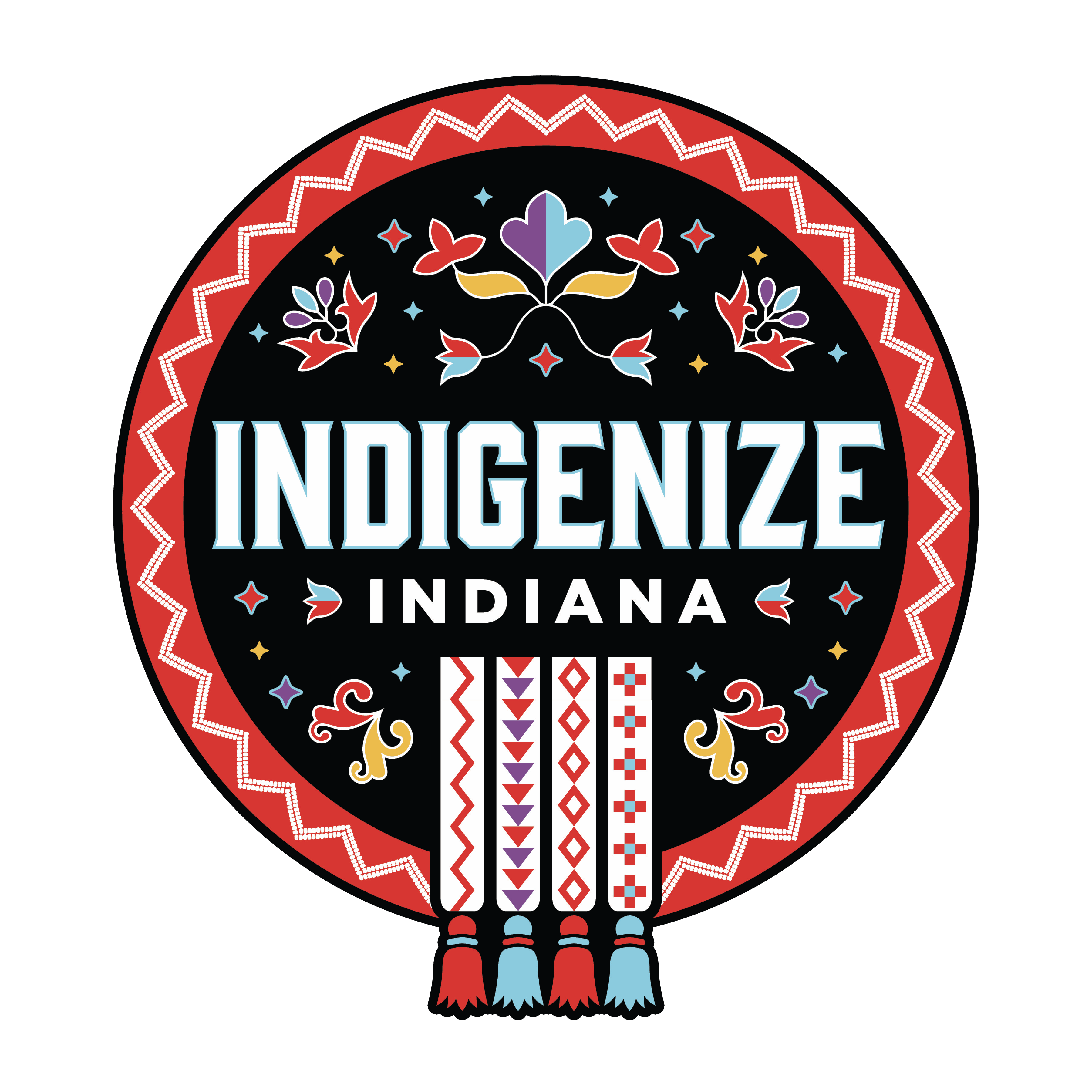LAKOTA LINGUISTIC TEXT CORPORA
Ella C. Deloria (1889-1971), a member of the Yankton Sioux tribe, was brought up in South Dakota on the Standing Rock Reservation. A native speaker of Lakota, she received her Bachelor of Science degree from Columbia Teachers' College in 1915. While in New York she met the anthropologist Franz Boas and served as a consultant on the Lakota language in Boas's class on field linguistics. After graduating she worked in the field of American Indian education. In 1927 she began linguistic and ethnological work on Lakota under Boas's supervision. From 1928 through 1938 Deloria devoted most of her time to documenting Lakota language and culture. One outcome of that work was Dakota Grammar (Boas and Deloria 1941), now a classic in American Indian linguistics. Another important product was a collection of some 117 Lakota language texts that Deloria wrote down, with word-for-word and free translations. She published 63 of them (Dakota Texts, 1932); the remainder, more than half of the collection, remain unpublished and are archived with the Boas Collection in the Library of the American Philosophical Society (APS), Philadelphia.
From 1999 to 2002 the National Endowment for the Humanities funded the "Lakota Texts" project with a grant to Raymond J. DeMallie and colleagues at the American Indian Studies Research Institute, Indiana University (Collaborative Research grant number RZ-20438-99). The project sought to transcribe, translate, and annotate historical Lakota texts. Dr. Douglas R. Parks provided overall linguistic direction to the project. Dr. Paul Kroeber worked on linguistic annotation. Dr. Wallace Hooper provided the software applications and oversaw computer work.
The unpublished texts of Ella Deloria were the major focus of the grant. The entire collection was transcribed in ATP (Annotated Text Processor), a utility designed by Dr. Hooper. Dr. Kroeber provided word and morpheme glosses. This body of texts makes available to scholars at large a vast store of linguistic, historical, and cultural information. A representative sample of these texts, including each of the major textual genres, is presented on this website. They amount to approximately 350 pages, in .pdf format.
List of Texts
- Geo. Schmidt’s Vision Experience (pdf file)
- The Buffalo People (pdf file)
- Walega-Hoksila (pdf file)
- An old-time custom, at meals (pdf file)
- A typical "kidding" between brothers-in-law (pdf file)
- Origin of the name "Oglala" (pdf file)
- Speech at a Thanksgiving Feast (pdf file)
Additional Information
We are grateful to NEH for supporting the project and to Indiana University, whose research office (now the Office of the Vice Provost for Research) provided additional monetary and infrastructural support.



